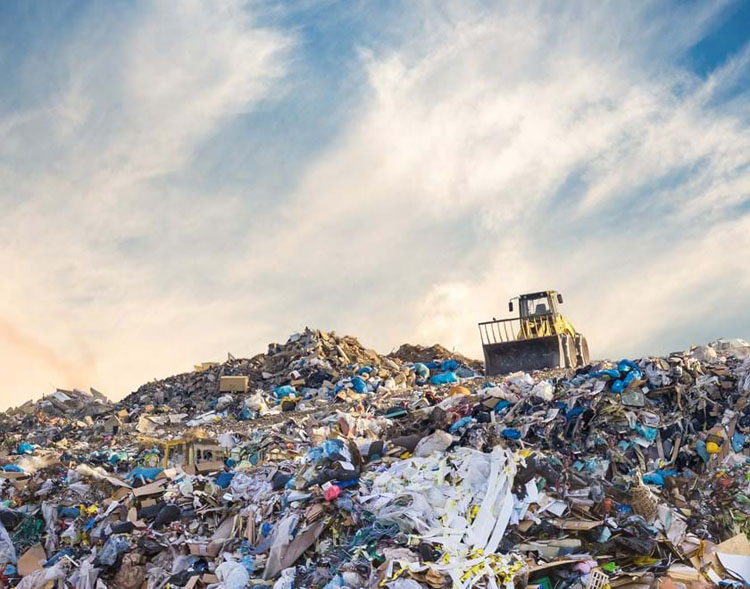
Dumpster rental regulations and permits play a crucial role in maintaining a balance between efficient waste management and environmental responsibility. In every community, the proper disposal of waste is a shared responsibility that involves individuals, businesses, and local governments. Dumpster rental services provide a convenient solution for the removal of large quantities of waste, but to ensure that this process is carried out responsibly, various regulations and permits come into play.
Understanding the Need for Regulations:
Waste generation is an inevitable byproduct of human activity, and effective management is essential to prevent environmental degradation. Dumpster rental regulations are designed to establish guidelines for the proper handling, transportation, and disposal of waste materials. These regulations aim to minimize the impact of waste on the environment, public health, and overall community well-being.
Key Components of Dumpster Rental Regulations:
Permitting Process:
Dumpster rental businesses are typically required to obtain permits to operate legally within a specific jurisdiction. These permits are issued by local authorities and serve to ensure that the rental service complies with all relevant regulations. The permitting process often involves a thorough review of the company’s waste management practices and disposal methods.
Waste Classification:
Dumpster rental regulations often include guidelines for the proper classification and separation of waste. Different types of waste may require distinct disposal methods to prevent environmental harm. Common classifications include general waste, recyclables, hazardous materials, and construction debris. Dumpster rental providers must educate their clients on these classifications to ensure proper sorting.
Size and Placement Restrictions:
Regulations may specify the permissible sizes of dumpsters based on the type of waste and the scale of the project. Additionally, there are often rules regarding the placement of dumpsters to prevent obstruction of public spaces, roadways, or emergency exits. Adhering to these restrictions is essential to maintain safety and order within the community.
Environmental Impact Mitigation:
Dumpster rental regulations may include provisions aimed at mitigating the environmental impact of waste disposal. This could involve mandates for recycling certain materials, implementing measures to reduce pollution during transportation, or using environmentally friendly disposal methods.
Health and Safety Standards:
Dumpster rental services must comply with health and safety standards to protect workers and the general public. These standards may include guidelines for the use of personal protective equipment, safe loading and unloading practices, and proper sanitation of equipment.
Community Engagement and Awareness:
Regulations often emphasize the importance of community engagement and awareness. Dumpster rental companies may be required to actively participate in educational initiatives, informing the public about responsible waste disposal practices and the environmental impact of improper waste management.
Benefits of Dumpster Rental Regulations:
Environmental Preservation:
By enforcing regulations, authorities contribute to the preservation of natural resources and the reduction of environmental pollution. Proper waste disposal practices, including recycling efforts, help minimize the ecological footprint of communities.
Public Health and Safety:
Dumpster rental regulations contribute to public health and safety by preventing the spread of diseases, minimizing the risk of accidents, and ensuring that waste is handled in a manner that does not pose a threat to the well-being of the community.
Resource Conservation:
Regulations encourage the efficient use of resources by promoting recycling and waste reduction strategies. Dumpster rental services may be incentivized to adopt sustainable practices, contributing to the overall conservation of resources.
Community Aesthetics:
Proper waste management, facilitated by dumpster rental regulations, helps maintain the aesthetic appeal of communities. Guidelines on dumpster placement and size restrictions contribute to orderly urban planning and prevent visual pollution.
Dumpster rental regulations and permits are essential components of a comprehensive waste management strategy. By establishing guidelines for waste disposal, authorities ensure that communities maintain a delicate balance between convenience and environmental responsibility. As we celebrate the 1-year anniversary of these regulations, it’s crucial to recognize their role in shaping sustainable practices that benefit the present and future generations. As technology and awareness continue to evolve, so too will the regulations governing dumpster rentals, leading us toward a more responsible and environmentally conscious approach to waste management.






